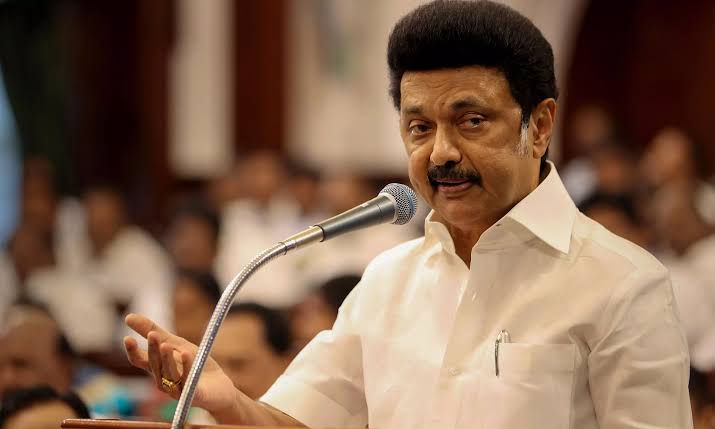
Reddy emphasised that if delimitation is to proceed, the representation of southern states in the Lok Sabha should be increased by 33% from the current 24%. He warned that any lesser adjustment would relegate the region to a 'passive audience' in India's political landscape, effectively reducing its voice in national affairs. He further accused the BJP-led National Democratic Alliance government of using delimitation as a tool to weaken states that have effectively managed their population growth, thereby penalising their progress.
The Chief Minister underscored that a population-based delimitation would disproportionately benefit northern states, leading to an imbalance in political representation. He argued that such an approach would reward states with higher population growth rates, while punishing those that have adhered to national population control policies. This sentiment was echoed by other leaders at the meeting, who expressed concerns that the proposed delimitation could lead to a scenario where 'the North will make us secondary citizens'.
Reddy called for a united front among southern states to oppose the proposed delimitation methodology. He proposed the formation of a Joint Action Committee for Fair Delimitation, comprising representatives from all southern states, to devise both political and legal strategies to counter the central government's plans. He also announced plans to pass a resolution in the Telangana State Legislative Assembly advocating for fair delimitation and urged other southern states to do the same.
The Chief Minister's stance reflects a broader concern among southern states regarding the potential implications of the proposed delimitation. These states fear that a population-based approach could lead to a reduction in their parliamentary representation, thereby diminishing their influence in national policymaking. This issue has sparked a wider debate on the balance between population control efforts and political representation, with many arguing that states that have successfully controlled their population growth should not be penalised in terms of political representation.
The proposed delimitation has also raised questions about the equitable distribution of resources and political power between northern and southern states. Southern states, which have traditionally been more prosperous and have implemented effective population control measures, fear that the proposed delimitation could lead to a shift in political power towards the northern states, which have higher population growth rates. This, they argue, could result in policies that favour the interests of the northern states at the expense of the southern states.
In response to these concerns, Reddy and other southern leaders are advocating for a more equitable approach to delimitation that takes into account factors beyond population figures. They argue that considerations such as the state's contribution to the national economy, success in implementing population control measures, and other socio-economic indicators should be factored into the delimitation process to ensure fair representation for all states.
The debate over the proposed delimitation underscores the complexities involved in ensuring fair political representation in a diverse and populous country like India. As the central government moves forward with its plans, it will need to carefully consider the concerns raised by southern states to avoid exacerbating regional disparities and ensure that the delimitation process promotes equitable representation for all regions.
This issue also highlights the need for a broader discussion on the principles that should guide the delimitation process in India. While population figures are an important factor, relying solely on them could lead to unintended consequences, such as penalising states that have successfully implemented population control measures. A more nuanced approach that considers a range of factors could help ensure that the delimitation process promotes fair and equitable representation for all states.
